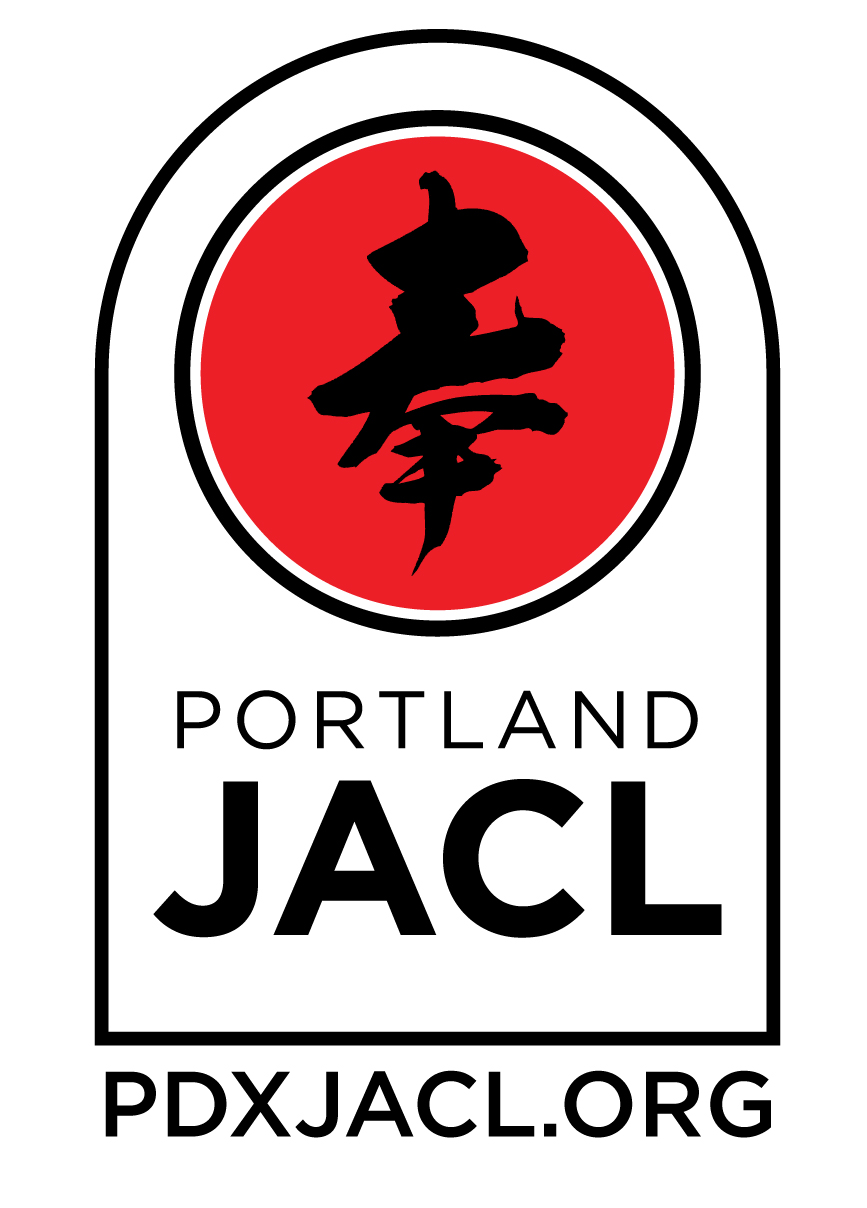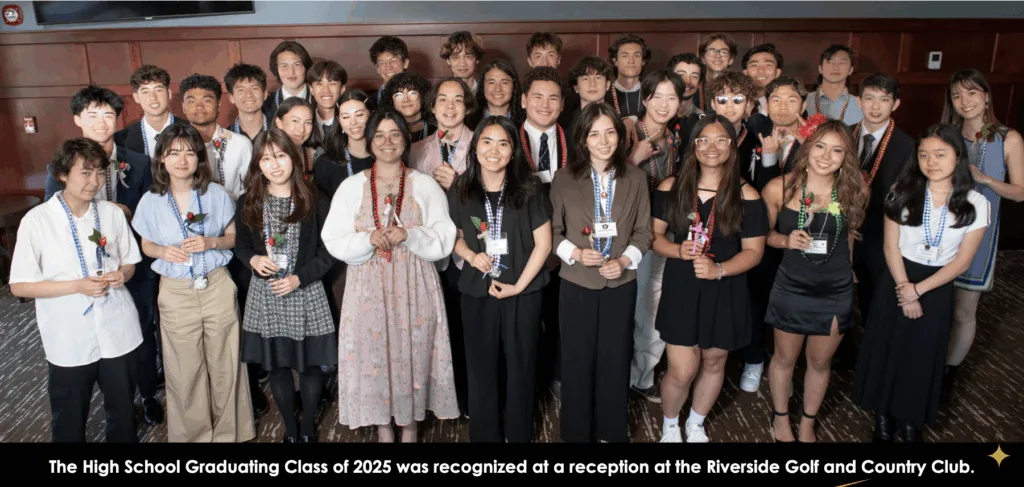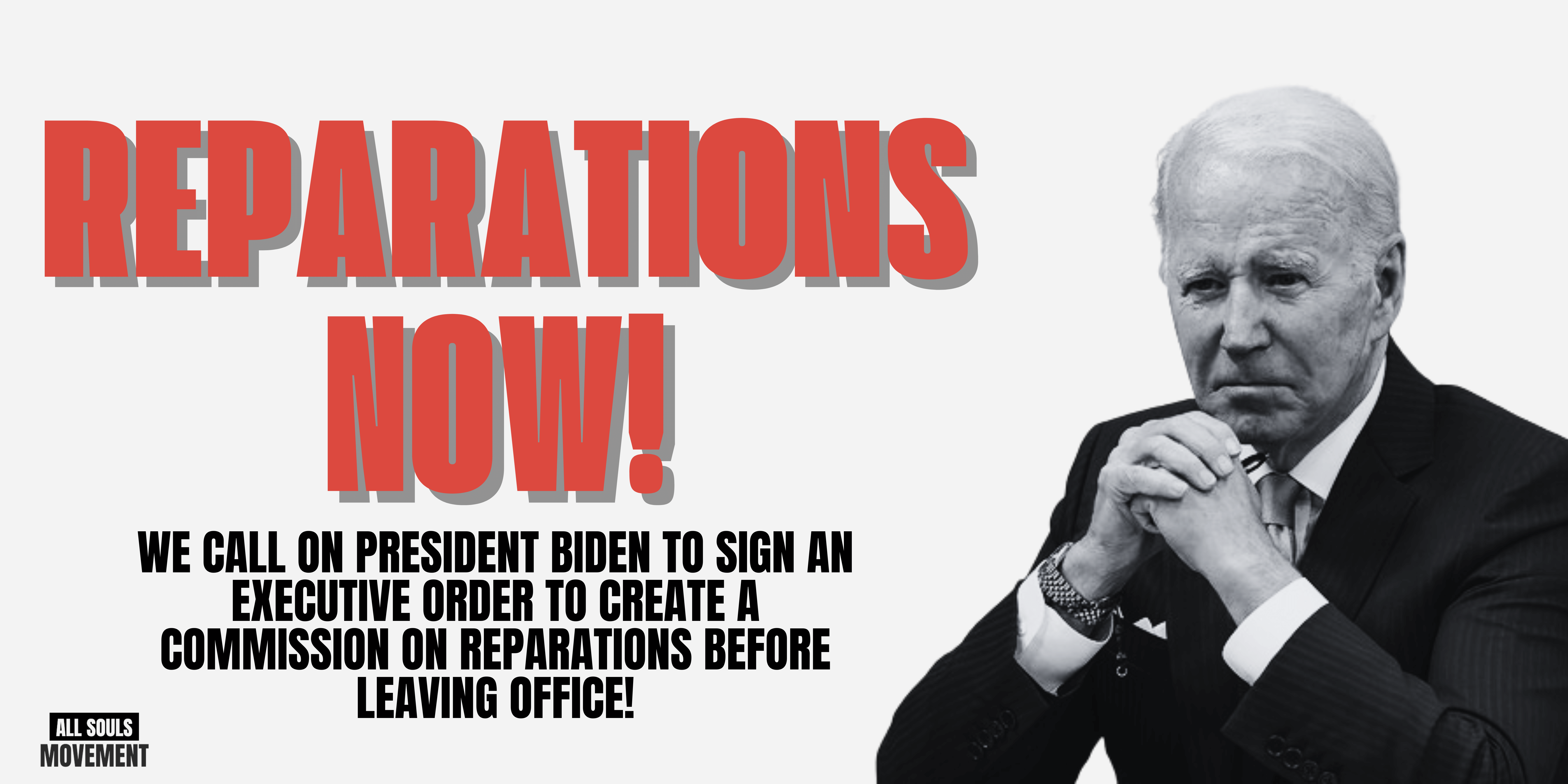by Rev. Kosho Finch at the Memorial Day Service at the Japanese American Cemetery
Like many of you, we have family members who served this country’s military.
Maybe we served ourselves.
Many of us know someone who lost their lives in service.
And it is that sacrifice that we memorialize, that we remember, today.
We don’t talk enough about why we remember. And perhaps, why it is that remembrance is under siege.
The war today is one on Diversity. Everywhere it is under attack, and the victims include our memories. Somewhere, someone is deciding that our memories aren’t worth remembering. Or that our memories are inconvenient.
This year we have seen the removal of websites honoring the 442nd Regimental Combat Team from Pentagon websites.
Japanese American soldiers who volunteered to serve their country, being removed from history. Soldiers willing to put their bodies in the way of harm, even when their bodies, their families’ bodies, marked them as less than full citizens in the country they fought for. As we all know they fought with distinction, with honor, and in the case of the 442nd, became the most decorated unit in WWII military history.
Histories and pages honoring the 100th Battalion, removed. Erased.
Histories of other groups are also erased, removed, hidden… faces, lives, sacrifice, and service, that someone determined was inconvenient.
My Grandfather served in WWII, in a segregated unit of course. There is no mention of his army unit’s valor fighting in Guadalcanal. But mention of segregated ranks…also being erased.
But we know the strength of this service. For my family it meant a type of humanizing of the other. Soldiers serving with one another, relying on one another for their lives lead this country to realize that by working together and relying on one another we are stronger.
Divided we fall, right?
We must remember.
We must remember that war is the most senseless act of human activity.
We must remember so that we don’t repeat it.
We must remember, because without such memories, we will be doomed to repeat the mistakes, and again dehumanize a group, to justify some agenda, some fear, some push to divide.
But it is easy to forget. Forgetting is common. Forgetting is easy. It doesn’t take work to forget.
Once the erasure starts, once the memory and history are uprooted, we must work even harder to replant the legacies.
Spiritual practice takes… PRACTICE. That is what makes it a challenge.
Remembrance is a practice. There are far more of us NOT here today, than HERE.
Far more Americans observe this day with sales and rejoicing that they aren’t at work.
But, remembering takes WORK, and remembering honors LIFE.
War involves killing. Each death is an erasure. From a Buddhist perspective, each act of killing plants a seed, that perpetuates more killing. That seed is planted in the most powerful of tools humans have, their minds.
Similarly, erasure, is a kind of killing.
A killing of the memory of sacrifice.
A killing of the honor of service.
A killing of the injustice’s minority soldier endured.
A killing of the realization this country had that those which it did not fully value, served, sacrificed, and honored this country with their valor.
When we kill that memory, when open space for more killing, more brutality, more dehumanization.
Remembrance is the practice to help us avoid killing.
From our Buddhist perspective, killing, plants a seed.
Understood through the lens of karma: cause and effect; that idea that actions have an effect; the act of killing wants a retribution. Killing leads to more killing. To stop killing, we must remember that original seed.
The battlefield isn’t where the war starts.
The war starts when someone’s humanity is erased.
The war starts when someone picks up the message that one person or group’s life, is more important than another.
The war starts when one group’s story is elevated over others.
The mind is like a garden. All its tools of imagination, language, and creativity, are fertile ground for growing whatever we plant, tend, and nurture.
If we plant the seeds of hate, distrust, and division, we will harvest the fruit of the willingness to see the other as less than human; an “other” who we can point to, blame, push away, treat unjustly, imprison, deport, or kill.
Erasing memory takes away our greatest strength, the combination of our differenced. Diversity of thought, ideas, backgrounds, language, customs, experience, that’s what creates strength.
So we have another tool: Remembrance.
We come together to remember.
To reaffirm our memories, and help others remember…
To share our experience, our stories, our family legacies, so that the hardships of the past are not forgotten.
By not forgetting we equip one another, and our nation, with a powerful tool for defense.
By not forgetting we do more than honor the memory of those who gave their lives. We honor the value of human life by working to avoid taking life.
We avoid forgetting that our neighbors are our neighbors, not some “other” to be rounded up.
We avoid the errors of the past of doubting the loyalty of certain citizens.
We avoid the pitfall of thinking only certain groups contributed to building this country.
We avoid the fiction that only certain people built this nation.
We remember the pain, hardship, and crimes that we’ve experienced in the past, so that we don’t repeat those. So, our family, friends, neighbors, nation, don’t have to experience that war inside ourselves again.
Erasing, deleting, and hiding history doesn’t diminish the truth.
But it does help people to forget. Forgetting assists someone’s agenda.
Forgetting never helps.
So join me in resisting the trap of forgetting: today, and every day, by remembering.
By holding the memory of those who sacrificed in your heart, so that we never have to ask young people to give their lives in services of anyone’s agenda of erasure and dehumanization.
By lifting our voices, our minds, and ourselves to the task of remembrance for the sake of this nation, the world, and all life. Thank you.


